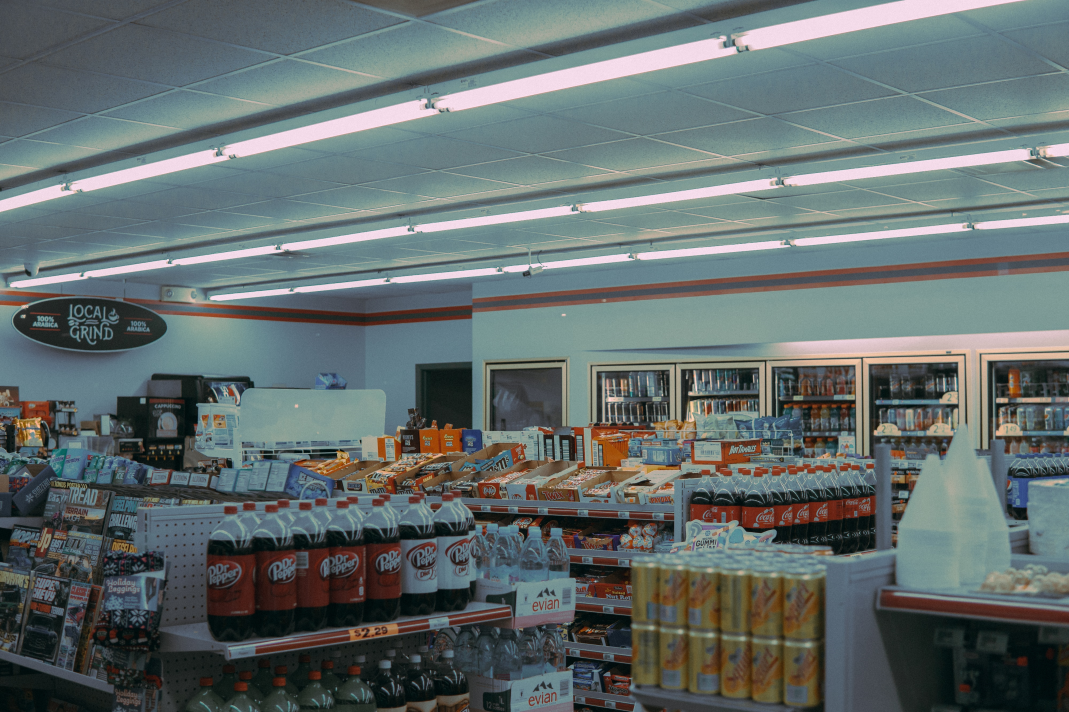Review of the year - early signs of the impact of COVID-19

The vaccines are working. The kids are going back to school. The road map back to a more normal life has been laid out by the Prime Minister. With that in mind, what better time to draw a line in the sand and review and assess what impact COVID-19 has had on some of UK PLC’s bellwether, major companies?
It has been a year unlike any other in living memory. Things we took for granted for generations have changed, almost overnight. Five years of economic evolution happened in weeks as a locked up populace learned to live in the dystopia of COVID-19. As new financial data becomes available, we are starting to see the extent of the impact the virus has had on some of the UK’s leading businesses.
We have seen major companies posting full year revenue declines, such as Easyjet Plc down 53% as holidays were cancelled. Marstons Plc has fared even worse, with sales down a massive 56% as pubs and restaurants closed for large parts of the year. Others outside of the travel and hospitality sectors have been able to adapt and even thrive.
Where the largest companies in any sector go, the rest inevitably follow. With that in mind, what does Plimsoll’s latest analysis on some of our biggest companies tell us about the industries they operate in, the health of the UK economy and the effect COVID-19 has had on both?
FUTURE PLC
The magazine and media giant has seen revenue rocket by 53% during the COVID-19 affected 12 months. This has been fuelled in part by a successful M&A strategy. Organic revenue grew by 6% as 1 in 3 people in the UK and US are now consuming the company’s content with digital delivery offsetting the loss of print revenue.
Plimsoll’s latest assessment of Future Plc shows a company with high formal debt but outperforming its peers on most KPI’s, including growth, profit, and sales per employee. The challenge now will be to turn their recent M&A strategy into profitable growth. The Plimsoll Chart measuring overall strength of the business is improving, but there is a need for a return on investment in the coming years.
ASSOCIATED BRITISH FOODS PLC
The group’s failure to develop an online presence for Primark has cost billions in lost sales. As late summer and autumn demonstrated, the retailer enjoys a loyal base of customers, desperate to rush back to stores. However, estimates suggest that stores remaining shuttered until March will cost ABF an estimated £800m in additional lost revenue and £300m in profit. Is it time to review the lack of ecommerce at Britain’s largest fast fashion outlet?
However, other parts of the ABF family have performed extremely well during the pandemic. A cyclical upturn in global sugar prices and more people eating at home during lockdowns have seen the grocery division post bumper results. Will demand remain so strong as we return to normal?
Plimsoll’s latest assessment of Associated British Foods Plc shows a company that has suffered because of COVID-19. Group sales are down 12% and profit margins have halved in the latest year. As a result, a steep decline in the group’s Plimsoll Chart highlights the pressing need to get shoppers back amid the clothing rails of Primark and start generating revenue from its sizeable asset base.
STOCK SPIRITS GROUP PLC
The leading distiller has seen sales rise by 11% during the pandemic. While on-trade sales have been severely affected by the lockdown of pubs and other outlets, off-trade has more than offset the shortfall. The market for spirits and its increased premiumisation continues to grow in spite of the pandemic.
Continued strengthening of the pound could pressure growth and profits in a business so reliant on exports for its profitability. However, the explosive growth and increased wealth of key Central & Eastern European markets should offset currency headwinds.
Plimsoll’s latest assessment of Stock Spirits Group Plc shows a company that has continued to increase the height of its measure on the Plimsoll Chart despite COVID-19. With industry benchmark-beating sales growth, outstanding trading profit and a 32% reduction in the group’s debt, the company has had an excellent 12 months.
VICTREX PLC
Hi-tech thermoplastics manufacturer Victrex saw sales plummet by 10% in its latest full trading period as demand from key market such as aviation a took a major hit from the pandemic. However, Q1 results for 2021 show a market returning to health particularly in Asia and little adverse effect from Brexit to its supply chain.
As the UK moves to a high-tech, high-skilled, high-wage economy post Brexit, companies such as Victrex are leading the way. It’s high profit, financially stable business model is built on average salaries of over £80,000.
The Plimsoll Analysis for Victrex Plc shows that despite the disruption caused by the virus, it remains one of the strongest of the UK’s listed companies. Full year profit margins, though less than the previous year, are still at almost 24%. With depressed revenue in the latest year, sales per employee have deteriorated slightly but remain far above that of its peers.
Now the end to the COVID-19 crisis is in sight and the long-term economic effects of the pandemic become clear, it is vital all companies learn from these titan companies and reassess their business strategies. Key questions companies must ask include:
- Is our customer base too narrow and are we reliant on just one market?
- Have we embraced new ways of selling (e.g. direct to consumer selling) that COVID-19 accelerated?
- Are there new markets we should pivot to and if so, which ones are the best for us?
- Who within our key markets is a threat and who is under threat?
The reopening of the economy is likely to see much of the innovation we have seen during lockdowns become permanent. Companies and industries that thrived in the pandemic may need to find ways to cement the gains of the past year as soaring demand abates. Many shuttered markets should spring back to life but with the benefit of the innovation new revenue streams they opened during the pandemic. The way we work, consume and do business has changed for good.
Recent economic indicators suggest there is US$17 trillion of additional money sloshing around the global economy looking for somewhere to go. That amount of additional capacity means the changes we have seen in the past 12 months are likely to be just the beginning. The roaring 20’s could be about to get a sequel as the next economic cycle is likely to be more expansionary that any time since the war.
With that in mind, take the time now to assess the state of play in the markets that really matter to you. See who the winners and losers currently are, where the market could head next, and what opportunities there will be for the well-informed. Use Plimsoll to help you find new opportunities in new markets that will protect your long-term business future from the next crisis.
Whether you want to benchmark your own performance against key rivals, spot hidden M&A opportunities, look for new growth or markets you should be servicing, find the best trading partners for your latest business venture, Plimsoll has the easy-to-read analysis you need.
Visit www.plimsoll.co.uk for more information on how we can help you to make better decisions at the start of this economic boom.


